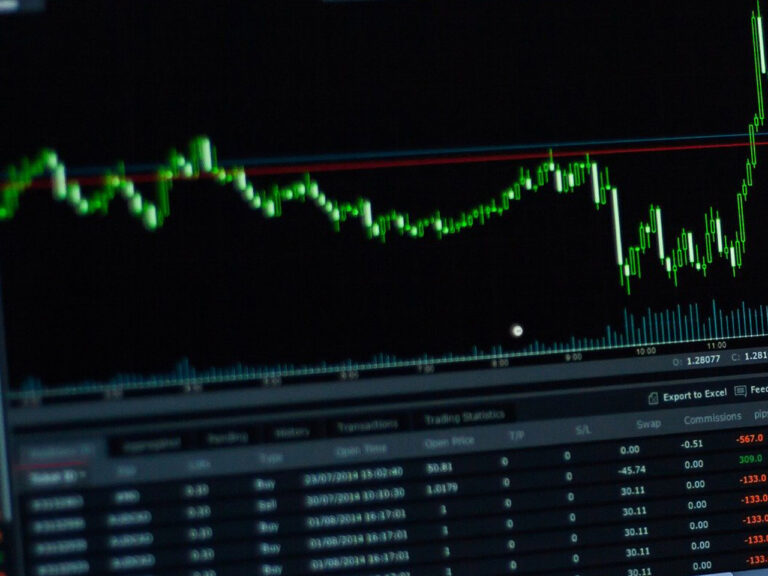GSK PLC, listed on the London Stock Exchange under the ticker GSK.L, stands as a stalwart in the global healthcare landscape. With a market capitalisation of $56.83 billion, the company is a significant player in the drug manufacturing industry, focusing on the development and manufacture of vaccines, specialty medicines, and general medicines. Headquartered in London, GSK operates internationally, making substantial contributions to healthcare advancements.
Currently, GSK shares are priced at 1348 GBp, reflecting a slight decline of 0.05%, or 65.00 GBp. Over the past year, the stock has traded within a range of 1,264.00 to 1,671.00 GBp, indicating a relatively stable yet fluctuating performance influenced by broader market conditions and company-specific developments.
One critical aspect investors are likely to scrutinise is GSK’s valuation metrics, which currently present an interesting picture. The company does not have a trailing P/E ratio available, while its forward P/E ratio stands at a notably high 733.81. This suggests that the market may have high expectations for the company’s future earnings potential. However, the absence of other valuation metrics such as PEG, Price/Book, and Price/Sales indicates a need for cautious analysis, given limited data on growth expectations and profitability.
In terms of performance, GSK demonstrates a modest revenue growth of 2.10% and an earnings per share (EPS) of 0.76. The company’s return on equity is a robust 27.10%, underscoring its ability to generate profit from shareholders’ equity. Furthermore, GSK’s free cash flow of over £5 billion highlights its capacity to generate cash after accounting for capital expenditures, an essential factor for sustaining dividend payouts and funding future expansion.
Speaking of dividends, GSK offers an attractive yield of 4.60%, with a payout ratio of 80.16%. This high yield could appeal to income-focused investors, although the elevated payout ratio suggests that a significant portion of earnings is returned to shareholders, potentially limiting reinvestment in growth initiatives.
Analyst ratings provide a mixed outlook, with 5 buy ratings, 12 hold ratings, and 4 sell ratings. The average target price is set at 1,667.37 GBp, suggesting a potential upside of 23.69% from the current price. This indicates a cautiously optimistic sentiment among analysts, who see room for growth but also recognise underlying challenges.
Technical indicators reveal that GSK’s 50-day and 200-day moving averages are 1,434.13 GBp and 1,413.28 GBp, respectively, with an RSI (14) of 58.44, denoting a neutral stance that may shift based on upcoming market developments. However, the MACD of -12.15 compared to the Signal Line of -9.57 suggests a bearish momentum that investors should monitor closely.
GSK’s extensive product portfolio spans vaccines for diseases such as Shingles, Meningitis, and Influenza, alongside specialty medicines targeting oncology and respiratory conditions. The recent collaboration with CureVac to develop mRNA vaccines further underscores GSK’s commitment to innovation in infectious diseases.
Founded in 1715 and rebranded from GlaxoSmithKline to GSK in May 2022, the company’s long-standing presence and strategic initiatives position it well within the competitive healthcare sector. However, investors should weigh the promising opportunities against the risks presented by valuation uncertainties and market dynamics.






































